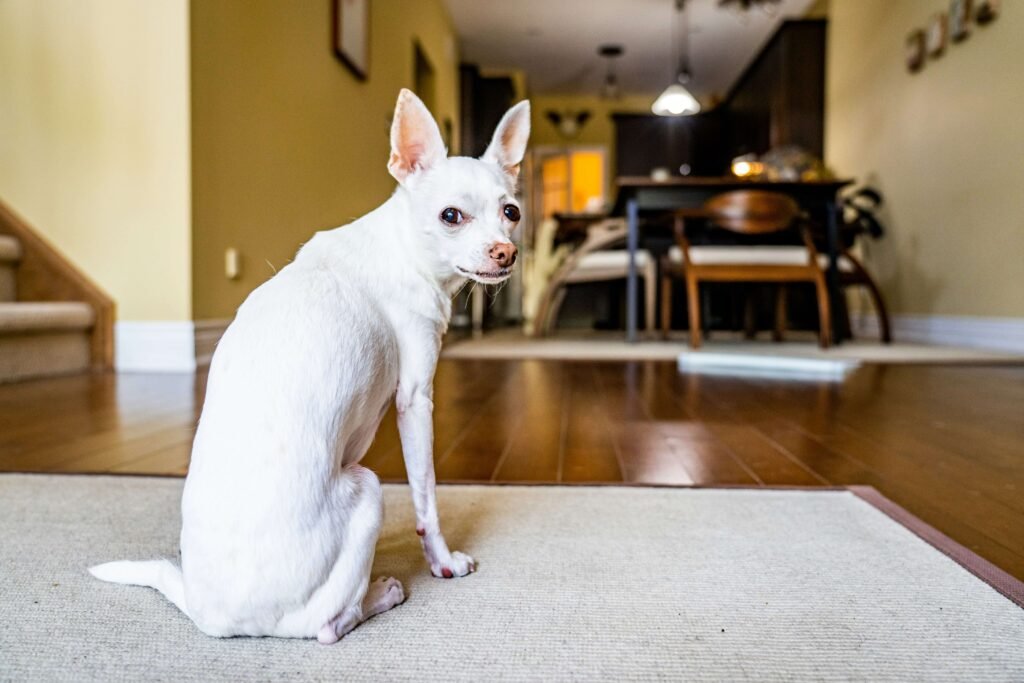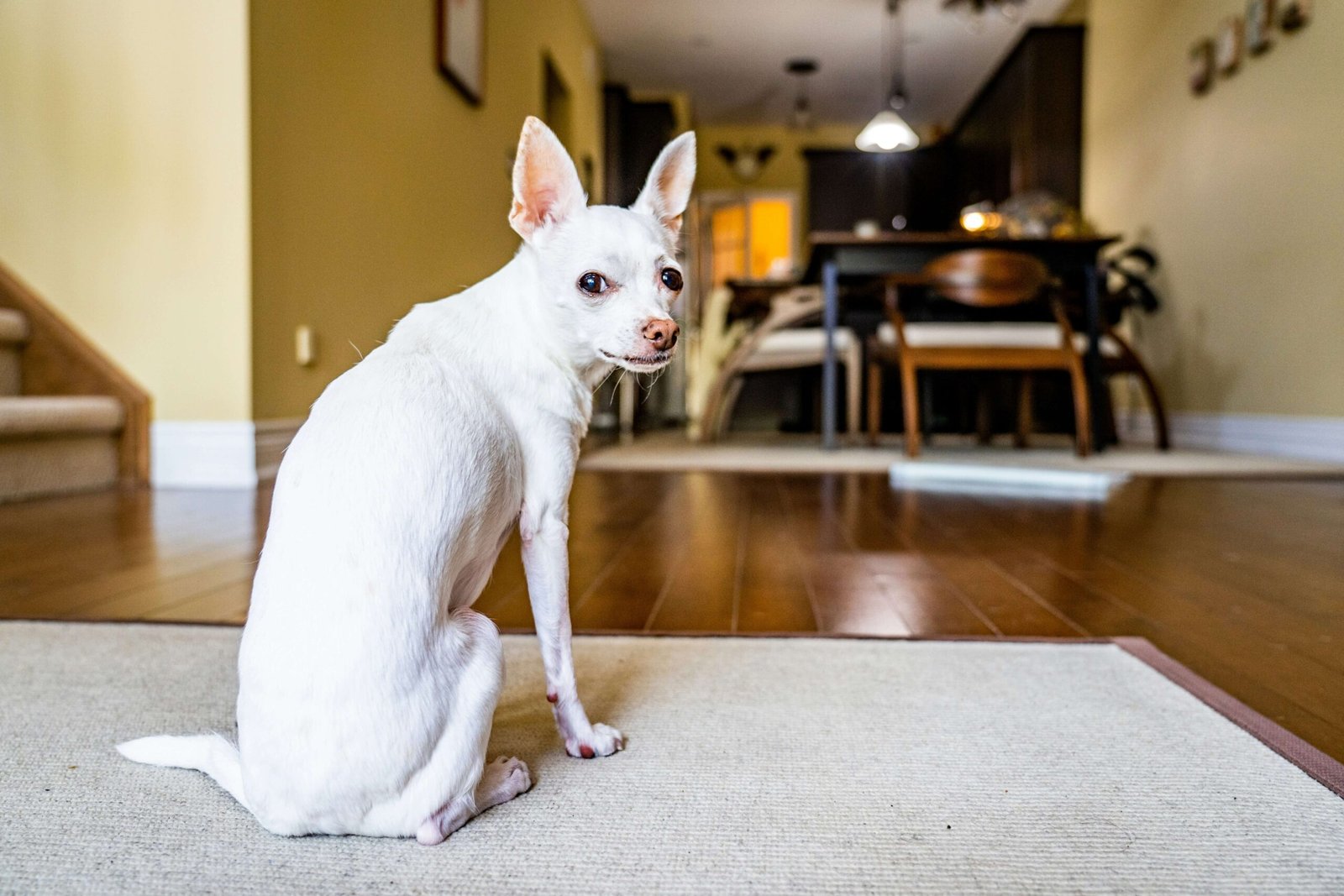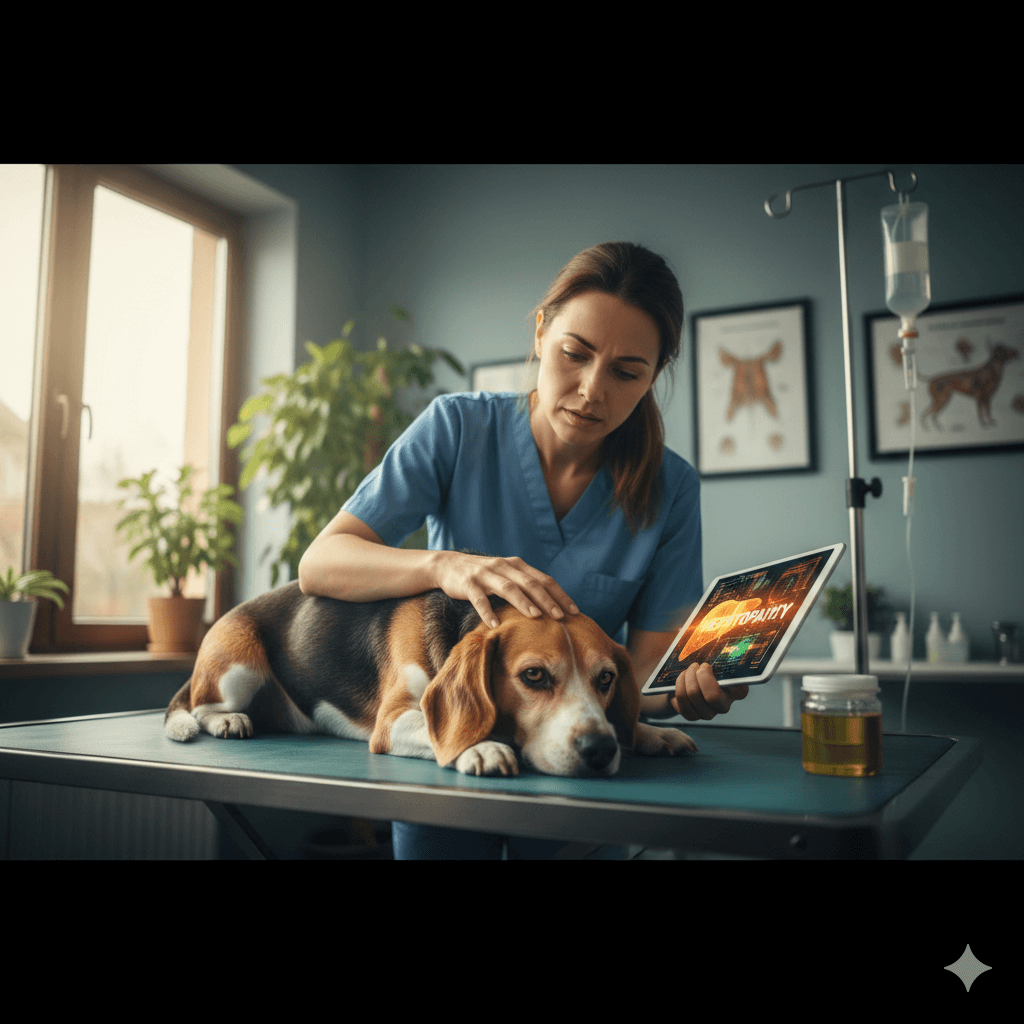How Long Should I Wait to Feed My Dog After Deworming? A Guide for Pet Owners
Deworming is an essential part of keeping your dog healthy, but it can leave both you and your furry friend with questions about what comes next. One common concern is how long you should wait before feeding your dog after deworming. Proper timing ensures that the medication works effectively while minimizing any potential digestive upset. In this blog post, we’ll explore the importance of deworming, the best practices for feeding your dog afterward, and tips to make the process as smooth as possible. Whether you’re a seasoned dog owner or new to pet care, understanding these guidelines will help you support your dog’s health and recovery during this important step.
Why Timing Matters After Deworming
The timing of your dog’s meals after deworming plays a crucial role in ensuring the treatment’s success. Feeding too soon or too late can affect how well the medication works and how your dog feels afterward. Here are some reasons why timing is so important:
Medication absorption : Some dewormers work best on an empty stomach, while others require food to enhance absorption.
Minimizing nausea : Certain deworming medications can cause mild stomach upset, and timing meals correctly can reduce discomfort.
Preventing regurgitation : Feeding too soon might lead to vomiting, which can interfere with the effectiveness of the treatment.
Supporting recovery : A well-timed meal can provide energy and nutrients to help your dog recover from the stress of deworming.
Avoiding overfeeding : Giving too much food too quickly can overwhelm your dog’s digestive system after deworming.
By paying attention to these factors, you can ensure your dog gets the most out of their deworming treatment while staying comfortable throughout the process.
General Guidelines for Feeding After Deworming
While every dog and deworming medication may have slightly different requirements, there are some general guidelines you can follow to determine when and how to feed your dog after treatment. Here are some practical tips:
Check the medication instructions : Always refer to the label or consult your veterinarian for specific feeding recommendations.
Wait at least 2-4 hours : In most cases, waiting a few hours after deworming before offering food is a safe approach.
Start with a small meal : Offer a light, easily digestible meal to avoid overwhelming your dog’s stomach.
Monitor your dog’s reaction : Watch for signs of nausea, vomiting, or discomfort after feeding to adjust future meals accordingly.
Resume normal feeding gradually : Once your dog tolerates the first meal, you can return to their regular diet and portion sizes.
Following these guidelines helps ensure a smooth transition back to your dog’s normal routine while supporting their recovery.
Check this guide 👉4 Essential Dog Dewormer Tips for Ultimate Protection Now!
Check this guide 👉Can Humans Get Fleas from Dogs? Best 7 Expert Tips!

Feeding Tips After Deworming | What to Avoid |
|---|---|
Wait 2-4 hours before feeding | Feeding immediately after deworming |
Start with a small, bland meal | Overfeeding or giving rich foods |
Monitor for digestive issues | Ignoring signs of discomfort |
Gradually return to regular meals | Skipping meals entirely |
Consult your vet for specific advice | Assuming all dewormers have the same rules |
Signs Your Dog May Need Adjustments After Deworming
Even with careful planning, some dogs may experience side effects or discomfort after deworming. Recognizing these signs can help you adjust their feeding schedule or seek veterinary advice if needed. Here are some common indicators to watch for:
Vomiting or regurgitation : This could mean the medication or food was introduced too quickly.
Diarrhea or loose stools : Digestive upset may occur if your dog’s stomach is sensitive to the treatment.
Lethargy or lack of appetite : These signs could indicate your dog is feeling unwell or stressed.
Excessive drooling or nausea : A sign that your dog’s stomach is reacting poorly to the medication or food.
No improvement in worm symptoms : If worms are still visible in feces after treatment, the medication may not be working effectively.
By staying observant, you can address any issues promptly and ensure your dog’s recovery stays on track.
Additional Care Tips for Post-Deworming Recovery
In addition to timing meals properly, there are other steps you can take to support your dog’s recovery after deworming. These extra measures can help them feel better faster and prevent future infections. Here are some helpful tips:
Provide plenty of fresh water : Staying hydrated supports digestion and helps flush out toxins.
Keep your dog’s environment clean : Regularly disinfect bedding and living areas to prevent reinfestation.
Avoid exposure to contaminated areas : Keep your dog away from places where they might pick up worms again.
Schedule follow-up treatments : Some deworming medications require multiple doses to fully eliminate parasites.
Boost their immune system : Feed a balanced diet rich in vitamins and minerals to strengthen their natural defenses.
By combining proper feeding with these additional care steps, you can maximize the benefits of deworming and keep your dog healthy in the long term.
Recognizing the Signs of a Successful Deworming
After deworming your dog, it’s important to monitor their condition to ensure the treatment is working effectively. While some improvements may take time, there are clear signs that indicate success. Here are some positive outcomes to look for:
Reduction in visible worms : Fewer or no worms in your dog’s feces suggest the medication is doing its job.
Improved energy levels : A more active and playful demeanor often signals that your dog is feeling better.
Healthier coat and skin : Deworming can lead to shinier fur and reduced scratching or irritation.
Better appetite : If your dog starts eating normally again, it’s a good sign their digestive system is recovering.
No new symptoms : The absence of vomiting, diarrhea, or other issues indicates the treatment is well-tolerated.
By observing these positive changes, you can confirm that the deworming process is on track and celebrate your dog’s progress toward better health.
Preventing Future Worm Infestations: Proactive Steps
While deworming eliminates existing parasites, preventing future infestations is key to keeping your dog healthy. By taking proactive measures, you can reduce the risk of reinfestation and protect your pet from harmful parasites. Here are some effective prevention strategies:
Regular vet check-ups : Schedule routine exams to detect and address any potential parasite issues early.
Practice good hygiene : Clean up after your dog promptly during walks and keep their living area tidy.
Use preventive medications : Monthly heartworm and flea preventatives often provide added protection against intestinal worms.
Limit exposure to high-risk areas : Avoid places where stray animals or wildlife may have left contaminated feces.
Educate yourself about common parasites : Understanding the types of worms and how they spread helps you stay vigilant.
By incorporating these preventive steps into your routine, you can significantly lower the chances of your dog contracting worms in the future.
What to Do If Deworming Doesn’t Work
In rare cases, deworming treatments may not fully eliminate parasites, leaving your dog still at risk. If you suspect the treatment hasn’t worked, it’s crucial to take action promptly. Here are steps to address this situation:
Contact your veterinarian immediately : Your vet may recommend a different medication or additional testing to identify resistant parasites.
Collect a stool sample : Providing a fresh sample helps your vet diagnose the issue more accurately.
Review your dog’s environment : Check for potential sources of reinfection, such as contaminated soil or shared spaces with other animals.
Consider alternative treatments : Some worms may require specific medications that target them more effectively.
Monitor closely for side effects : If switching medications, watch for any adverse reactions and report them to your vet.
Taking these steps ensures that your dog receives the care they need to overcome persistent parasite issues and regain their health.
FAQ
Can I give my dog treats after deworming?
It’s best to wait until your dog has tolerated their first meal after deworming before offering treats.
What if my dog refuses to eat after deworming?
Mild appetite loss is normal, but if it persists for more than 24 hours, consult your vet.
How often should I deworm my dog?
The frequency depends on your dog’s lifestyle and risk factors, but most vets recommend deworming every 3-6 months.
Are there side effects of deworming medication?
Some dogs may experience mild nausea, diarrhea, or lethargy, but severe reactions are rare.
Can I deworm my puppy?
Yes, puppies should be dewormed starting at 2-3 weeks of age, following your vet’s recommendations.
Supporting Your Dog Through Deworming and Beyond
Deworming is an essential part of responsible pet ownership, and knowing how long to wait before feeding your dog after treatment can make a big difference in their comfort and recovery. By following the guidelines outlined in this post, you can ensure your dog gets the most out of their deworming medication while staying happy and healthy. Remember, every dog is unique, so don’t hesitate to reach out to your veterinarian with any questions or concerns. With proper care and attention, you’ll help your furry friend thrive and enjoy a parasite-free life.
Vacuolar Hepatopathy in Dogs: Best 7 Expert Tips! – Learn about causes, symptoms, and effective management strategies to support your dog’s liver health and improve their quality of life.
Vacuolar Hepatopathy in Cats: Best 7 Expert Tips! – Learn causes, symptoms, and treatment options to protect your cat’s liver health effectively.
Hepatopathy in Cats: Best 7 Expert Tips! – Learn to spot signs, understand causes, and manage liver disease in cats effectively for a healthier life.
Hepatopathy in Dogs: Best 7 Expert Tips! – Learn to spot signs, manage liver health, and support your dog’s recovery with expert advice.





